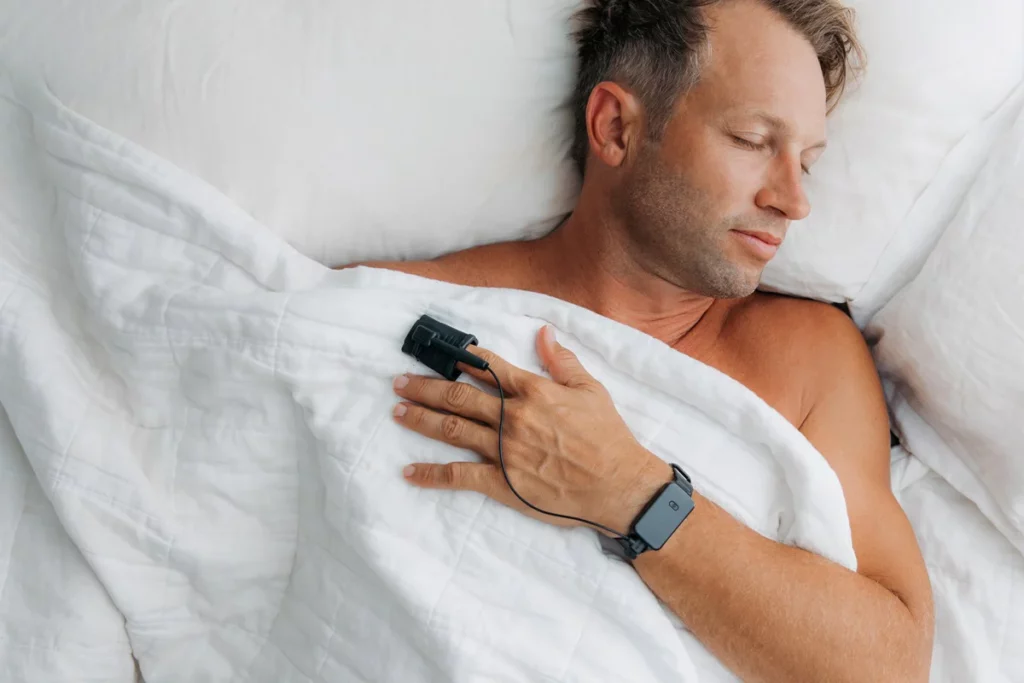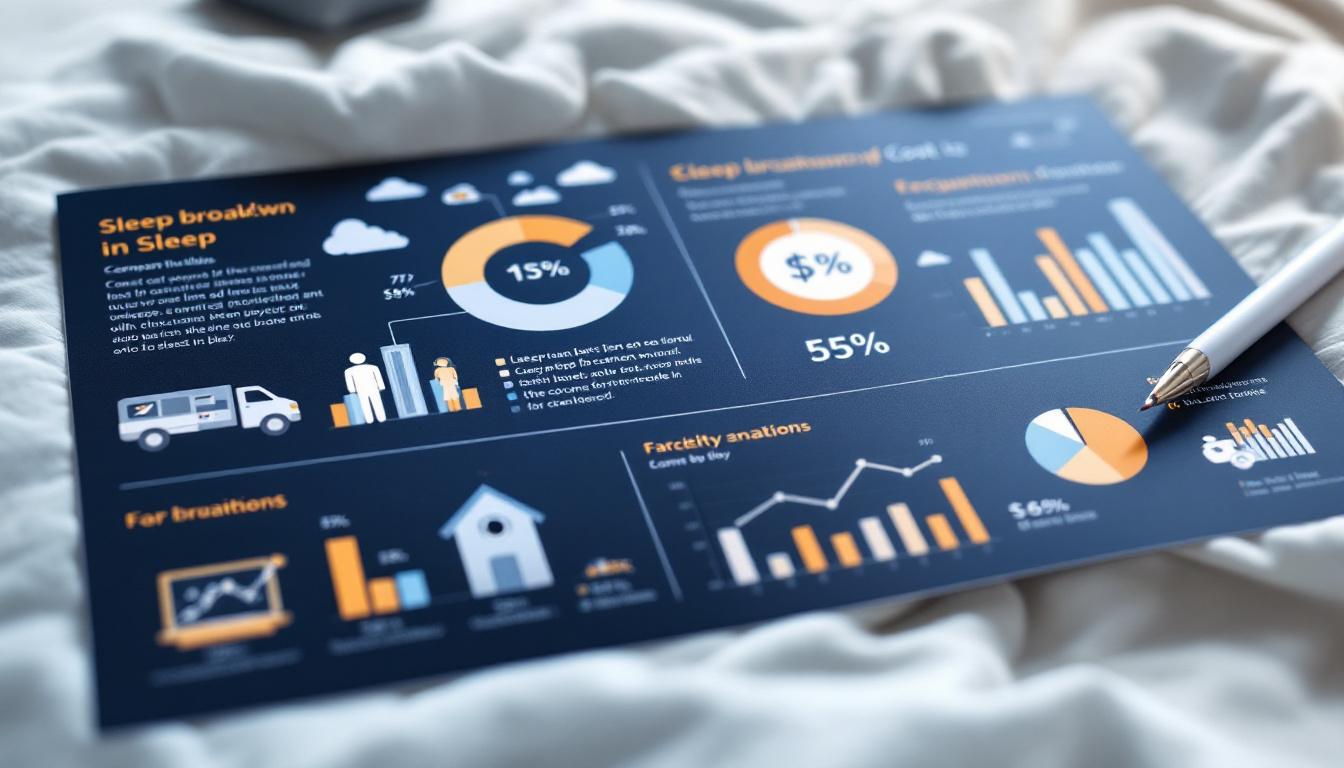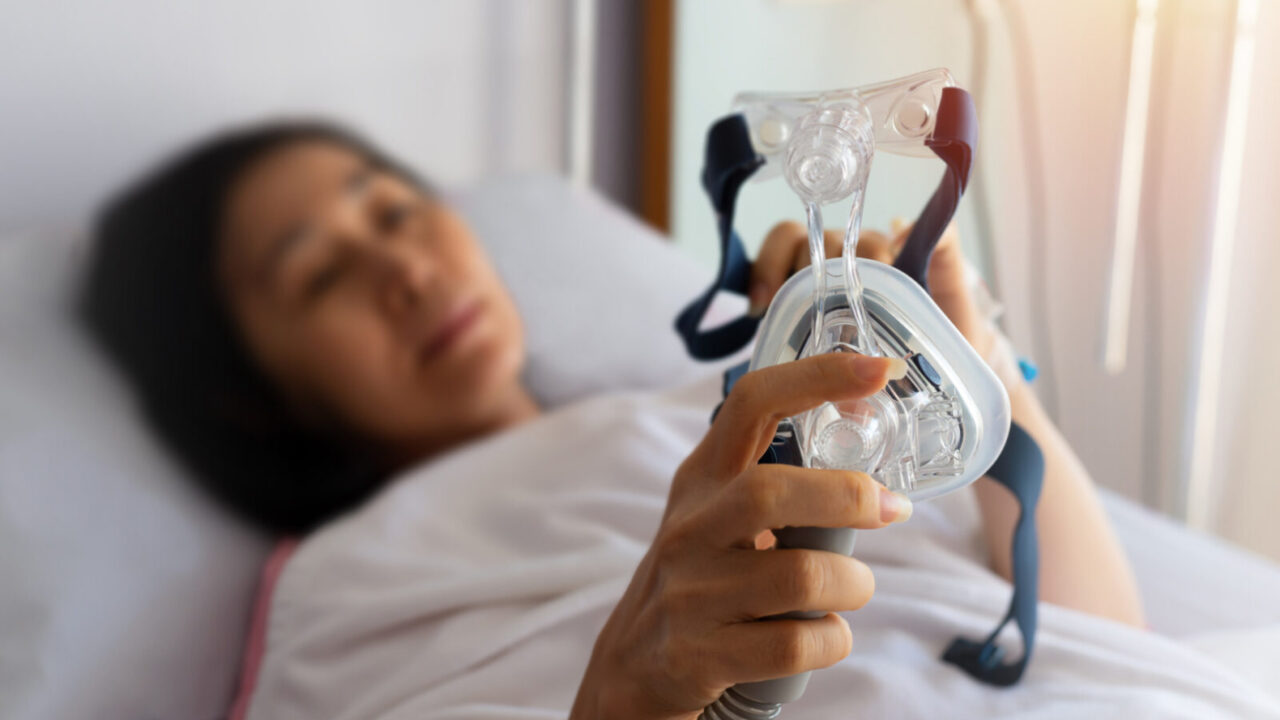Sleep studies, also known as polysomnography, are essential for diagnosing various sleep disorders. In Canberra, the cost of these studies can vary significantly based on several factors, including the type of study, the facility, and whether additional tests are required. This guide aims to provide a comprehensive overview of the costs associated with sleep studies in Canberra, ensuring that individuals seeking help for sleep-related issues are well-informed.
Understanding Sleep Studies
Before delving into the costs, it is crucial to understand what a sleep study entails. A sleep study monitors various physiological parameters during sleep, including brain waves, oxygen levels, heart rate, and breathing patterns. This information helps healthcare professionals diagnose conditions such as sleep apnoea, insomnia, and restless leg syndrome. The data gathered during these studies can reveal not just the presence of a sleep disorder but also its severity and potential impact on overall health, thereby guiding effective treatment plans.
Understanding the costs associated with Canberra sleep study cost is vital for anyone experiencing sleep-related issues. With prices ranging from AUD 300 to AUD 3,000, depending on the type of study and facility, individuals should carefully consider their options and consult with healthcare providers to determine the best course of action.

Types of Sleep Studies
There are primarily two types of sleep studies: in-lab polysomnography and home sleep tests. In-lab studies are conducted in a sleep centre, where patients are monitored overnight. Home sleep tests, on the other hand, allow patients to conduct the study in their own homes using portable devices. The convenience of home testing can significantly reduce the anxiety some individuals feel about sleeping in an unfamiliar environment, which can often skew the results of the study.
In-lab polysomnography is typically more comprehensive and can provide detailed insights into various sleep disorders. However, home sleep tests are often more convenient and less expensive, making them an attractive option for many patients. It is worth noting that while home tests can be effective for diagnosing certain conditions, they may not capture the full spectrum of sleep-related issues that a more extensive in-lab study can provide, such as REM sleep behaviour disorders or parasomnias.
Find more on: Bulk-Bill Sleep Study Canberra How It Works
Factors Influencing Costs
The cost of a sleep study in Canberra can be influenced by several factors. These include the type of study, the specific facility where the study is conducted, and whether the patient has private health insurance. In general, in-lab studies tend to be more expensive than home sleep tests due to the resources and staff involved. The expertise of the sleep specialists interpreting the results also contributes to the overall cost, as their qualifications and experience can vary significantly between facilities.
Additionally, the complexity of the study can also affect pricing. For example, a basic home sleep test may cost significantly less than an in-depth polysomnography that includes multiple physiological measurements. Furthermore, ancillary services such as follow-up consultations, additional testing, or the provision of continuous positive airway pressure (CPAP) machines for those diagnosed with sleep apnoea can further impact the total expenditure. Understanding these various elements can help patients make informed decisions regarding their sleep health and financial planning.
Cost Breakdown of Sleep Studies in Canberra
Understanding the cost breakdown can help individuals budget for their sleep study. On average, the costs for sleep studies in Canberra can range from AUD 500 to AUD 3,000, depending on the factors mentioned earlier.

In-Lab Sleep Study Costs
In-lab sleep studies are generally more expensive due to the comprehensive nature of the testing. The average cost for an overnight polysomnography can range from AUD 1,000 to AUD 2,500. This price typically includes the study itself, as well as any necessary follow-up consultations with a sleep specialist.
It is essential to check with the specific sleep centre, as some may offer package deals that include additional services, such as consultations and follow-up tests, which can provide better value for money. Furthermore, the in-lab setting allows for continuous monitoring of various physiological parameters, such as brain activity, oxygen levels, and heart rate, which can yield invaluable insights into a patient’s sleep patterns. This level of detail is particularly beneficial for diagnosing complex sleep disorders, such as sleep apnoea or narcolepsy, where precise data is crucial for effective treatment. Find more about oxygen at https://pmc.ncbi.nlm.nih.gov/articles/PMC6717610/
Home Sleep Test Costs
Home sleep tests are often more affordable, with costs ranging from AUD 300 to AUD 800. These tests are less invasive and can be conducted in the comfort of one’s home, making them a popular choice for many patients.
While home sleep tests are generally less expensive, it is crucial to ensure that the device used is reliable and capable of providing accurate results. Patients should consult their healthcare provider to determine if a home sleep test is appropriate for their specific situation. Additionally, it is worth noting that while home tests offer convenience, they may not capture the full spectrum of sleep disorders as thoroughly as in-lab studies. Therefore, individuals with more complicated symptoms or those who have previously undergone treatment for sleep issues may still benefit from the comprehensive evaluation provided by an in-lab study. This consideration is vital for ensuring that patients receive the most effective and tailored care for their sleep health needs.
Health Insurance and Sleep Study Costs
For those with private health insurance, the cost of sleep studies can be significantly reduced. Many health funds offer coverage for sleep studies, but the extent of coverage can vary widely. It is advisable for individuals to check their policy details to understand what is covered and any out-of-pocket expenses they may incur.
Private Health Insurance Coverage
In many cases, private health insurance will cover a portion of the costs associated with an in-lab sleep study. This can reduce the out-of-pocket expenses to a more manageable amount. However, coverage for home sleep tests may be less common, and patients should confirm with their insurer whether these tests are included in their policy.
Patients should also be aware that some insurers may require pre-approval before undergoing a sleep study. This process can involve providing documentation from a healthcare provider outlining the need for the study.
Medicare and Sleep Studies
For those eligible for Medicare, there may be some coverage available for sleep studies. Medicare typically covers in-lab polysomnography for patients diagnosed with obstructive sleep apnoea, provided certain criteria are met. However, coverage for home sleep tests under Medicare can be more limited.
It is essential for individuals to consult with their healthcare provider and Medicare to understand the specific coverage options available to them, as well as any potential out-of-pocket costs.
Preparing for a Sleep Study
Preparation for a sleep study is crucial to ensure accurate results. Patients are often given specific instructions to follow in the days leading up to the study. This may include avoiding caffeine, alcohol, and certain medications that could interfere with sleep. Click here to find more about alcohol.
What to Expect During the Study
During an in-lab sleep study, patients will be monitored overnight in a specialised sleep centre. They will be connected to various sensors that measure brain activity, breathing patterns, and heart rate. While this may sound intimidating, the staff at sleep centres are trained to ensure patients feel comfortable throughout the process.
For home sleep tests, patients will receive a portable device that they will wear while sleeping. Instructions will be provided on how to set up the device and what to do during the study. It is essential to follow these instructions carefully to obtain accurate results.
Post-Study Follow-Up
After the sleep study, patients will typically have a follow-up appointment with a sleep specialist to discuss the results. This consultation is crucial for understanding the findings and determining the appropriate treatment options if a sleep disorder is diagnosed.
In some cases, additional tests or treatments may be recommended based on the results of the sleep study. This could include lifestyle changes, the use of continuous positive airway pressure (CPAP) therapy, or further evaluation by other specialists.
Conclusion
Health insurance can play a significant role in reducing out-of-pocket expenses, so it is essential to check coverage details before proceeding with a sleep study. By being well-informed about the costs and processes involved, individuals can take proactive steps towards improving their sleep health and overall well-being.

